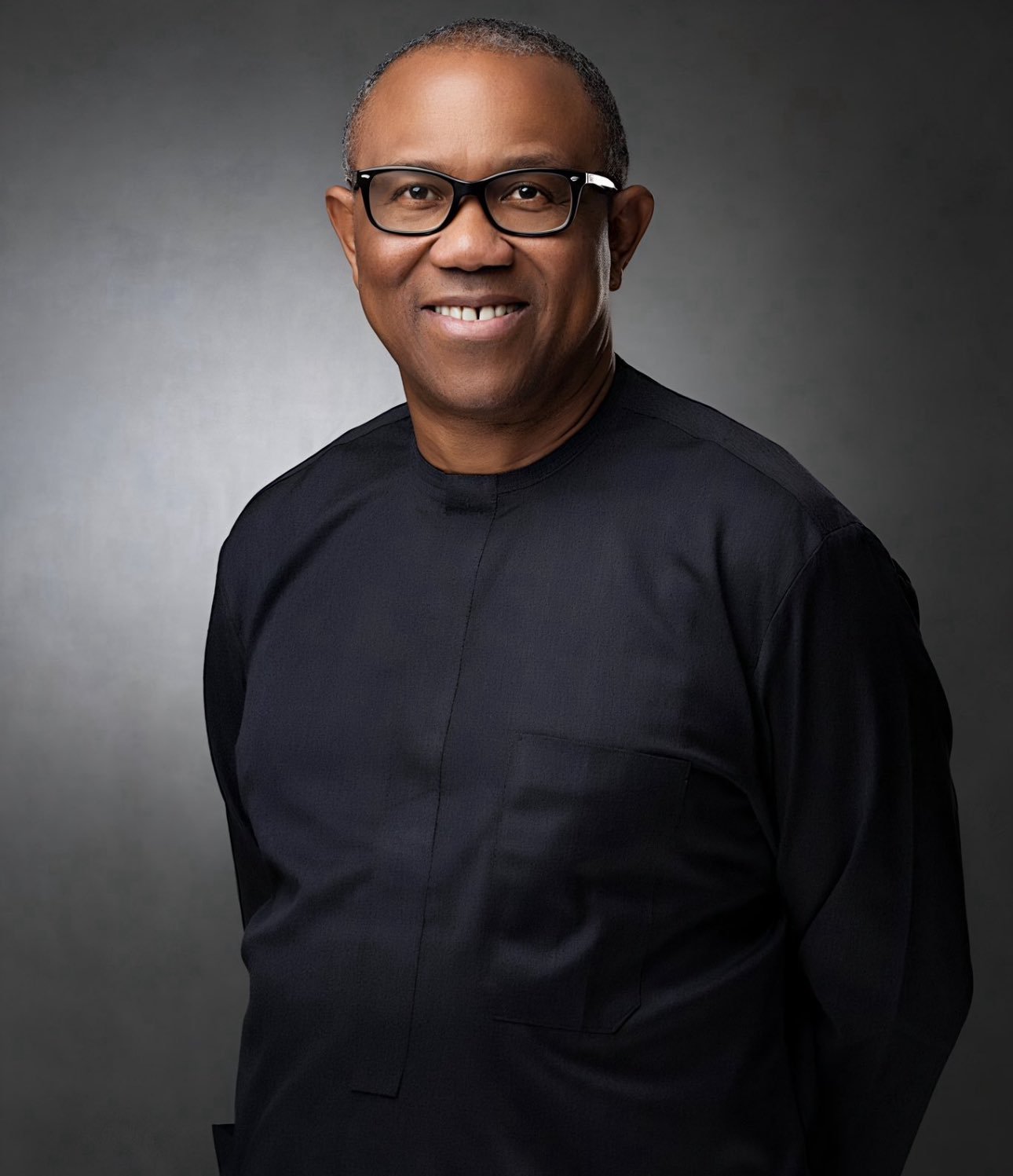Walmart said CEO Doug McMillon will retire next year after more than ten years leading the world’s largest retailer, marking the end of a period defined by rapid technology adoption and strong market performance.
The company’s stock dipped 1.2% as investors reacted to the earlier-than-expected announcement and the uncertainty that comes with executive change.
McMillon, 59, will step down on Jan. 31, becoming one of the longest-serving CEOs in Walmart’s history and one of its most influential leaders since founder Sam Walton. Analysts noted that “given that Mr. McMillon was unequivocally Walmart’s best CEO since the company’s founder in Sam Walton … the announcement will likely cause some anxiety by shareholders,” according to Gordon Haskett’s Chuck Grom.
A Decade of Reinvention
McMillon’s tenure began in February 2014, when Walmart was struggling to keep pace with Amazon’s dominance in online shopping. He responded by using Walmart’s massive store network to speed up deliveries, expanding automation in warehouses, and growing its marketplace and advertising business.
The results dramatically reshaped the company’s growth trajectory. Walmart’s value has more than tripled under his leadership to $817 billion, while global ecommerce sales soared from just over $10 billion to more than $120 billion in the most recent fiscal year.
Neil Saunders of GlobalData said, “Walmart has performed very well under Doug’s tenure,” pointing to its rise as a major ecommerce player and its push into technology and retail media. McMillon will remain an adviser through Jan. 31, 2027, as the company navigates its next transformation.
Furner Steps Into a Rare Role
Walmart named U.S. division chief John Furner as the next CEO, choosing a 30-year company veteran with a nearly identical career path to McMillon. Furner joined Walmart as an hourly associate, later leading Sam’s Club and Walmart U.S. before moving into the top job.
He becomes only the sixth CEO in Walmart’s history, a testament to the company’s tradition of long-tenured leadership. Analysts view Furner as a natural successor, with Telsey Advisory Group’s Joseph Feldman saying, “John Furner is the logical choice to be the next CEO. He is a lifer at Walmart who started as an hourly associate in 1993, so he is a good cultural fit.”
Entering the AI-Driven Retail Era
Furner takes over as Walmart begins rolling out new artificial intelligence tools that will change how the company operates and interacts with customers worldwide. McMillon said his successor is “uniquely capable of leading the company through this next AI-driven transformation.”
Truist Securities analyst Scot Ciccarelli added that Furner “just needs to continue to execute against the game plan they have already put in place,” reflecting confidence that Walmart’s strategic direction will remain intact. The retailer is positioning technology as the backbone of its next growth phase, reinforcing its shift from traditional big-box chain to tech-powered retail leader.
A Retail Industry in Transition
Walmart’s leadership change comes as the broader retail sector faces economic pressure, tariffs, and unpredictable consumer spending patterns. Major competitors including Kohl’s, Kroger, and Target have all named new CEOs this year, signaling a widespread reset across the industry.
Walmart is set to report quarterly results next week, giving investors their first look at how the company is preparing for the upcoming transition. McMillon said in a company video that “this is the right time to retire because the company is in such great shape, and John is more than ready to lead this company through another set of transformations.”

























